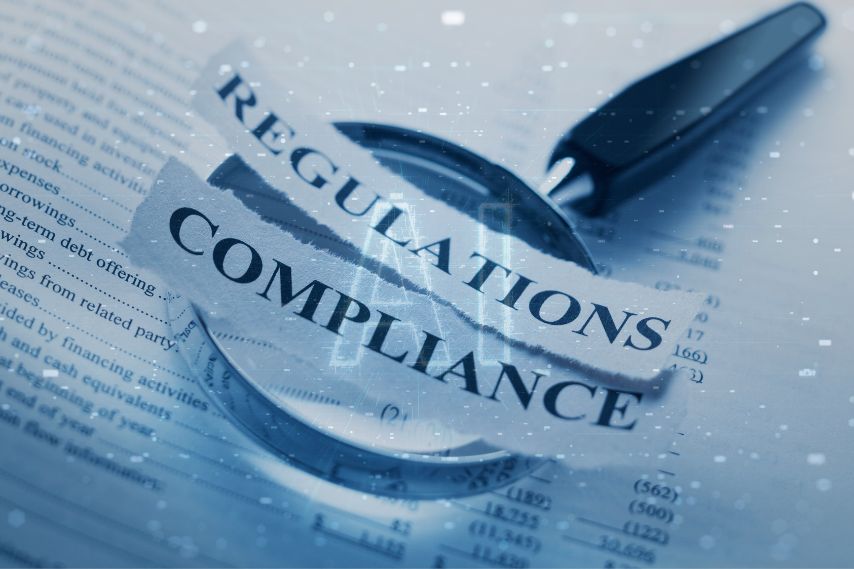
The global landscape of responsible artificial intelligence (RAI) is at a crossroads. As the world grapples with the incredible potential and complexities of AI, the push for regulatory frameworks is gaining momentum. More than 800 measures are under consideration in over 60 countries and territories, along with the European Union. This fervor for regulation is not unwarranted; AI presents both tremendous opportunities and potential risks that require careful navigation.
The Power and Mystery of AI
AI’s capabilities are awe-inspiring. From transforming industries to aiding medical diagnoses, AI’s potential knows no bounds. However, this transformative technology also carries an aura of mystery. The inner workings of AI, often likened to a “black box,” can make it challenging to understand the decisions it makes and the results it produces. With its power comes responsibility—a responsibility to ensure that AI operates ethically, transparently, and without causing unintended harm.
Governments and businesses have vested interests in taming AI’s complexities. Governments seek to protect against AI failures that can have profound societal consequences, such as biased algorithms or incorrect diagnoses. Businesses, on the other hand, are keen on leveraging AI successes to fuel growth, while minimizing the negative repercussions of AI mishaps.
Organizational Readiness for AI Regulation: A Surprising Dilemma
While the need for AI regulation is undeniable, organizational preparedness for it remains limited. BCG’s Digital Acceleration Index (DAI), a comprehensive global survey of executives, revealed that only 28% of organizations consider themselves fully ready for new AI regulations. This revelation sparks curiosity and concern alike. How can businesses prepare for rules that are still taking shape and likely to vary across regions?
The answer lies in the concept of responsible AI (RAI). At its core, RAI is a set of principles that prioritize accountability, transparency, privacy, security, fairness, and inclusiveness in AI development and deployment. RAI serves as a guiding framework for both AI creators and users, ensuring that AI aligns with ethical standards and societal values. More importantly, RAI equips organizations to respond effectively to evolving regulations.
RAI as an Enabler of Innovation
While some companies view RAI as a compliance burden, it’s actually a powerful enabler of innovation. RAI is not a set of shackles; rather, it enhances AI performance and accelerates the feedback loop. Companies that embrace RAI seize the opportunity to innovate responsibly and build AI systems that enhance performance, align with values, and build trust. By doing so, they satisfy both regulatory demands and the expectations of shareholders and customers.
The Complexity of AI Regulation and the Urgency of Action
The road to AI regulation is paved with complexity, as laws and requirements vary across regions. However, waiting for regulations to take effect before initiating RAI efforts is a mistake. The journey to RAI maturity takes time, often around three years, as BCG’s studies and partnership with MIT Sloan Management Review reveal. Organizations cannot afford to wait; competitive pressures and potential opportunities demand immediate action.
Digital Maturity and RAI Preparedness
RAI maturity aligns closely with digital maturity. Organizations that rank higher in the DAI are nearly six times more likely to be fully prepared for AI regulation than those in the lower quartile. Different sectors also display varying degrees of readiness. Telecommunications, technology, and consumer sectors lead the pack, while energy and the public sector lag behind. This ranking underscores the importance of RAI in building trust and operational excellence.
The Role of Human Accountability and Ethical Frameworks
RAI emphasizes human involvement in AI processes—a principle shared by many AI regulations. This underscores the importance of creating ethical AI frameworks that promote human augmentation and accountability. Feedback loops, review mechanisms, and escalation pathways are crucial components of RAI programs. Transparency, clear documentation, and user-centric design are fundamental to building trust and adoption.
Five Key Principles for RAI Success
- Empower RAI Leadership: A designated RAI leader, equipped with a multidisciplinary skill set, is essential for steering RAI initiatives. Collaborative relationships across functional teams ensure successful RAI implementation.
- Build and Instill an Ethical AI Framework: A robust ethical AI framework, aligned with organizational values, guides AI development and operations. Transparency, privacy protection, and bias mitigation are integral components.
- Bring Humans into the AI Loop: Human accountability and governance are pivotal in AI systems. Feedback loops, review mechanisms, and escalation paths foster responsible AI use.
- Create RAI Reviews and Integrate Tools: Continuous reviews throughout AI development and deployment are essential. These reviews, encompassing algorithms, processes, and outcomes, instill trust and meet regulatory requirements.
- Participate in the RAI Ecosystem: Active involvement in RAI consortia and working groups fosters collaboration, best practices sharing, and insights for responsible AI implementation.
Embrace the Regulatory Landscape: An Opportunity, Not a Burden
The journey to AI regulation is a reality that organizations cannot escape. Rather than perceiving it as a burden, businesses should consider it an opportunity for growth and innovation. Implementing RAI practices now allows organizations to shape the regulatory landscape and enhance AI performance. As companies prioritize RAI, they demonstrate their commitment to responsible AI use, foster trust, and pave the way for societal and business advancement.
In the intersection of AI’s potential and regulatory expectations, responsible AI emerges as the compass guiding organizations towards a future that marries innovation with ethics. It’s a transformational journey that transcends industries and regions, creating a world where AI’s brilliance illuminates our path forward while respecting the values that define us.
Author: Rayna Calica